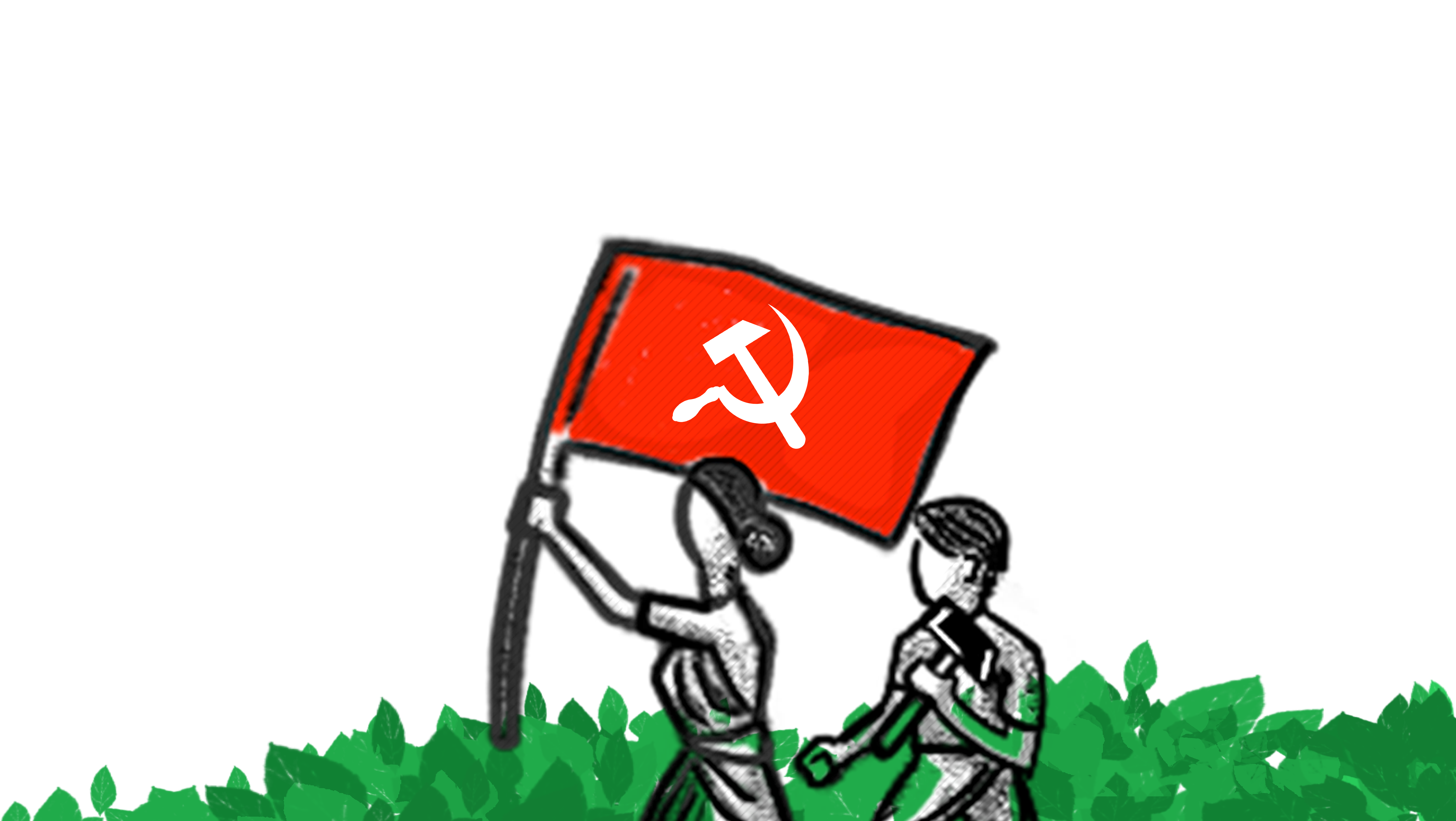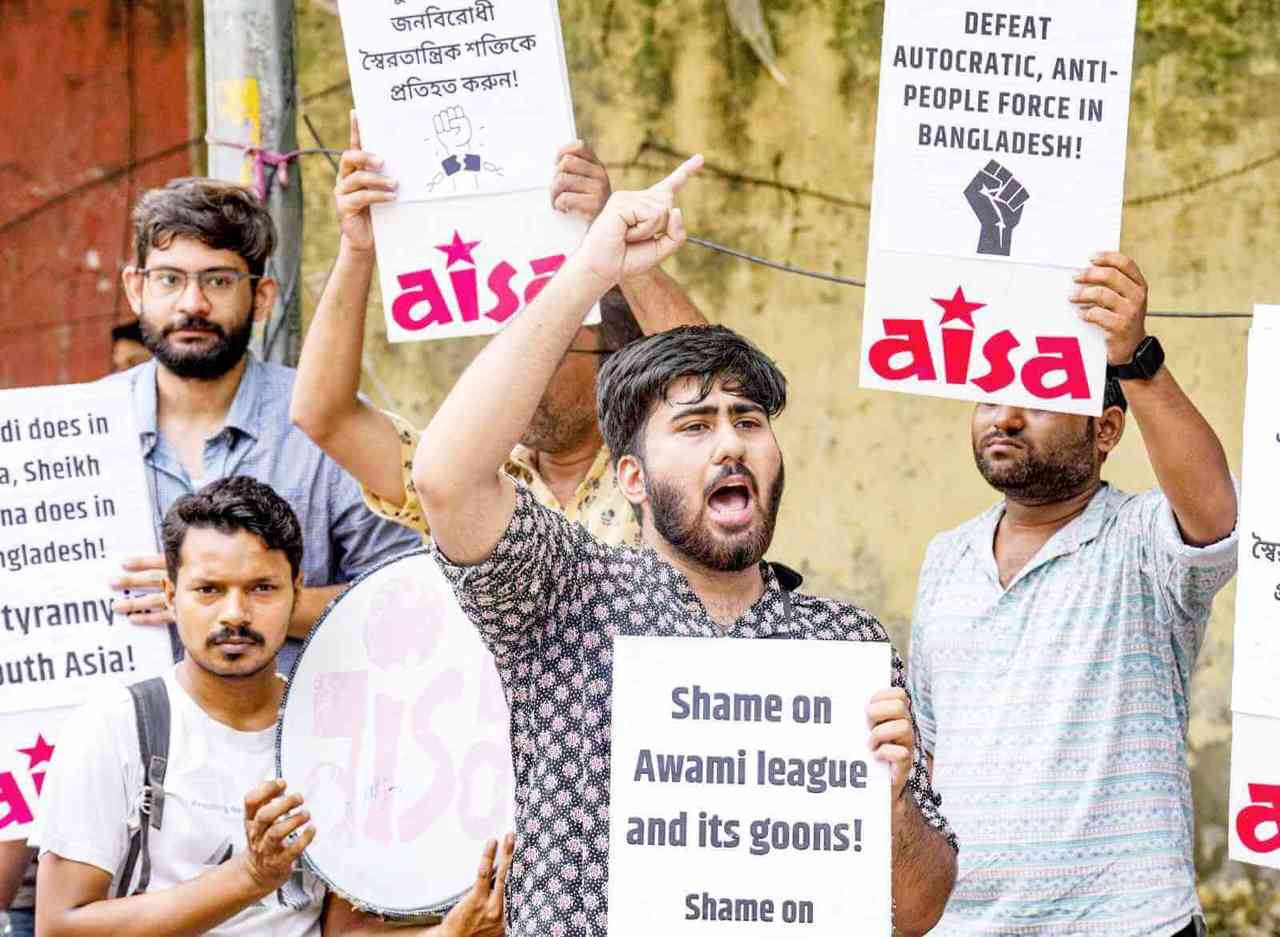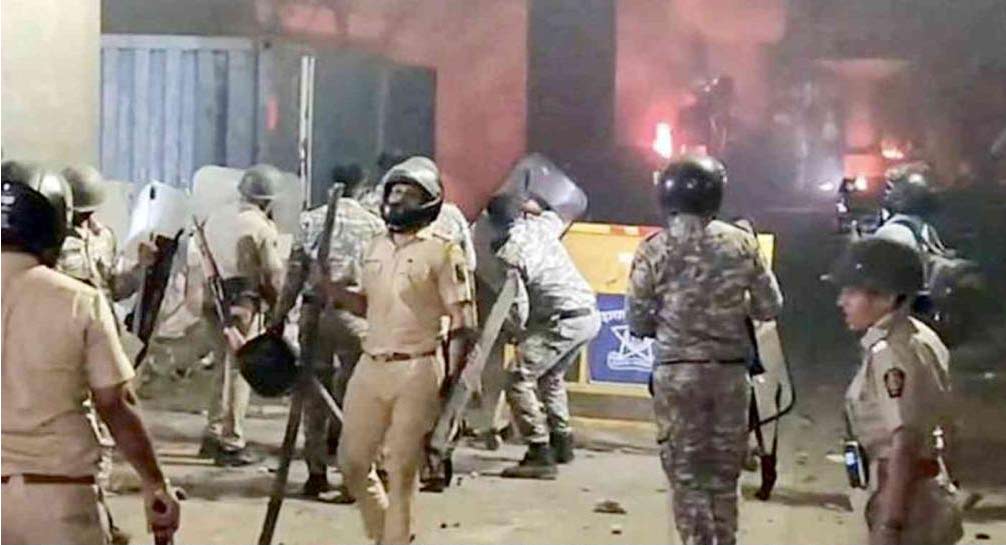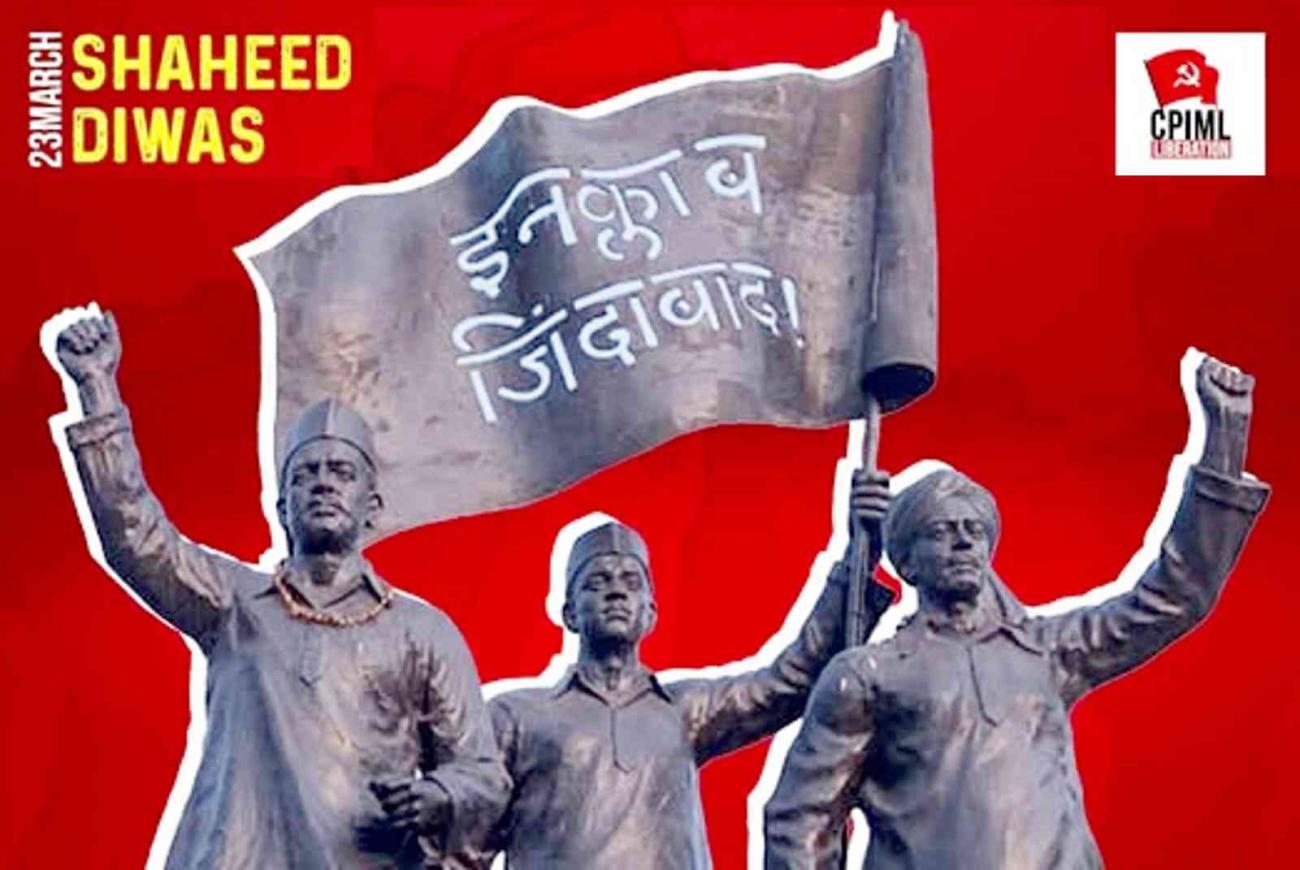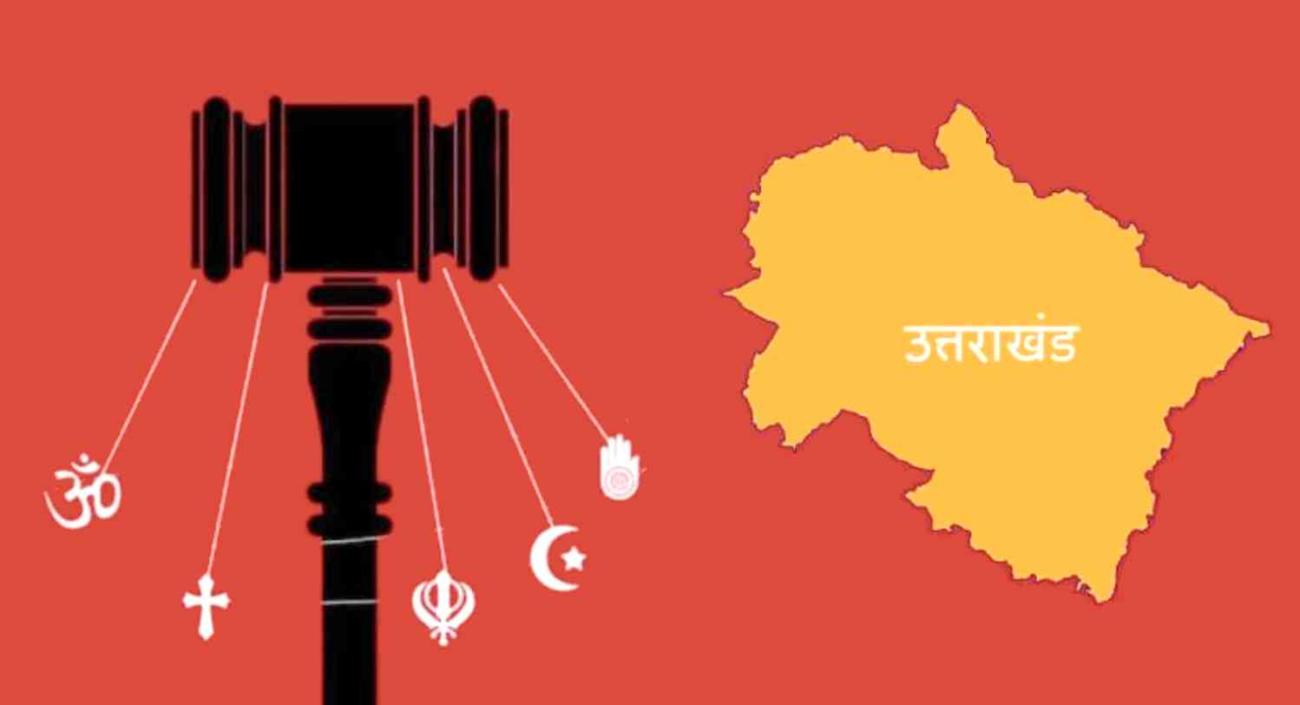
The students and youth are protesting against a job quota system that allows for 30% reservation in government jobs, for the children of freedom fighters of the 1971 war of independence. While there are reservations for women, indigenous communities, people with disabilities and others, the students are specifically opposing the quota for children of war veterans, terming it to be discriminatory and not based on merit. Prime Minister Sheikh Hasina arrogantly labelled those opposing the quota as “razakar” – a term used for those who allegedly collaborated with the Pakistani army during the 1971 war – which prompted more widespread protests.
Bangladesh, which has failed to generate more secure and dignified government jobs, pushed its youth to the brink when it introduced this policy in 2018, which was met with protests at the time and came to be challenged before court. The Bangladesh High Court recently upheld this discriminatory policy, which triggered the protests.
AISA noted that the lack of dignified jobs and unemployment resonates with the students and youth of India, who too are facing unprecedented challenges such as unemployment, lack of recruitment, paper leaks, massive privatization, contractualisation of jobs, sale of PSUs, among others.
AISA along with several student-youth organisations like Socialist Students’ Union and Socialist Youth Union from Sri Lanka, Socialist Alliance from Australia, Young Communist League and SOAS Liberated Zone for Gaza from Britain, Democratic Student Federation from Pakistan, All Nepal National Free Students Union from Nepal, and Socialist Students’ Front and Bangladesh Students’ Union from Bangladesh have issued a joint statement expressing their solidarity with the fighting students and youth of Bangladesh, who are being hounded and arrested, in their just demand to strike down discriminatory employment policy, in ensuring dignified and secure employment.

